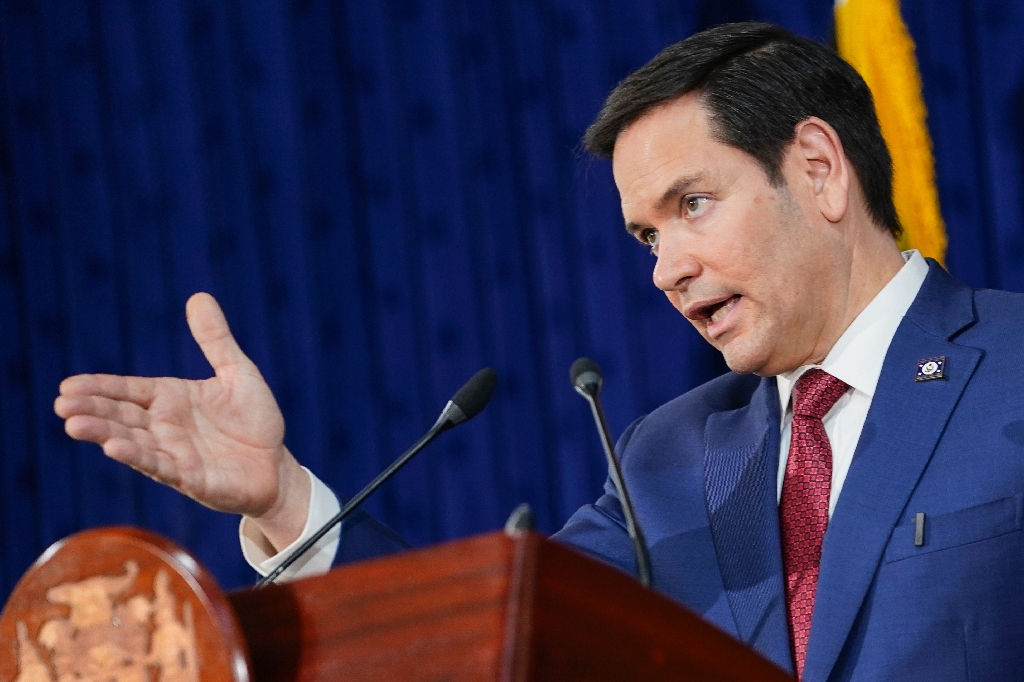Despite facing impeachment twice, accusations of obstructing the peaceful transition of power, and a slew of criminal charges, Donald Trump has won the Republican presidential nomination by a significant margin, marking a remarkable turnaround for the former president.
Despite the controversies surrounding him, here are five reasons why Trump could emerge victorious in the November 2024 election against Democratic incumbent Joe Biden:
- Discontent Among Voters: Despite the Biden administration’s rosy portrayal of economic indicators like the declining unemployment rate and easing inflation, a sizable chunk of Americans, especially voters of color and younger demographics, are feeling the squeeze of rising costs. This tangible pressure from escalating expenses overshadows the administration’s reassurances of economic stability. Enter former President Trump, whose economic proposals, though vague, strike a chord with many voters. Despite the lack of detailed plans, polls consistently show that voters still perceive Republicans as better stewards of the economy. This sentiment persists, fueled by skepticism surrounding the current administration’s economic narrative. As households grapple with the real impacts of inflation and mounting expenses, there’s a growing openness to alternative economic visions. Trump’s image as a champion of economic resurgence, even without concrete policy blueprints, resonates with this disillusionment with the status quo.
- Appealing to Fears: Trump’s resonance among many white Americans is rooted in their unease over the country’s shifting demographics and progressive cultural movements. He adeptly taps into these anxieties, leveraging concerns about perceived losses in traditional American values and addressing apprehensions surrounding crime and immigration. Trump positions himself as the remedy to these societal apprehensions, presenting a strong stance on law and order and advocating for stricter immigration policies. The recent border challenges further bolster his narrative, solidifying his case among his voter base and garnering support from those apprehensive about potential future immigration waves. Moreover, dissatisfaction brews among voters regarding the allocation of taxpayer funds to foreign governments, seen as detracting from addressing pressing domestic issues such as the inadequate infrastructure and escalating crime rates. This discontent underscores the potency of Trump’s message, as he aligns himself as the champion of addressing these critical concerns domestically rather than investing resources abroad.
- Resilient Support Base: Trump’s enduring support base remains steadfast despite relentless criticism from multiple fronts. His followers perceive him as a victim of unjust political persecution, rallying around him with unwavering loyalty. Despite the barrage of allegations leveled against him, many Republicans remain unperturbed, citing his tenure in office as testament to his governance capabilities. This unwavering allegiance underscores the depth of Trump’s connection with his base, as they continue to stand by him in defiance of the onslaught of criticism and controversy.
-
Blame Game and Foreign Policy: The Biden administration’s struggles to garner public confidence in its policy effectiveness, coupled with ongoing international conflicts, furnish Trump with ample ammunition to critique his successor. Trump’s non-interventionist approach stands in stark contrast to Biden’s more conventional foreign policy stance, resonating with voters wary of deeper entanglements overseas. The current dynamics of the Ukraine conflict, with recent developments favoring Russia and public sentiment shifting towards a peaceful resolution, highlight the administration’s faltering strategy. A notable turning point was the Tucker Carlson interview with President Putin, which swayed many towards advocating for diplomatic solutions—a stance divergent from the administration’s unyielding support for Ukraine. Furthermore, the Biden administration’s perceived inability to effectively address the Israel-Palestine issue has further eroded public confidence, drawing criticism from both progressive and conservative factions. These foreign policy challenges underscore Trump’s narrative of strength and pragmatism, positioning him as a viable alternative to what is perceived as a faltering approach under Biden’s leadership.
- The “Deep State” Narrative: Despite facing legal scrutiny, the ongoing judicial proceedings against the former president have failed to diminish his prospects for another nomination. On the contrary, Trump has adeptly capitalized on portraying himself as a victim of a purported “deep state” conspiracy, a narrative that has resonated strongly with many of his supporters. Rather than being tarnished by these controversies, Trump has leveraged them to bolster his image and rally further support. His ability to frame himself as a target of unjust persecution has galvanized his base, distinguishing him from other politicians who might have faltered under similar circumstances. By embracing the role of the victim and deflecting blame onto external forces, Trump has effectively solidified his position and exploited these narratives to his advantage.
While Trump’s prospects for a White House return appear strong at this juncture, it’s important to note that his polarizing rhetoric and controversial statements could alienate moderate Republicans and independent voters, potentially jeopardizing his chances. Additionally, Democrats are likely to mobilize around key issues such as abortion rights, posing a significant challenge to Trump’s reelection bid. Nonetheless, with the election still months away, Trump remains a formidable contender for the presidency.




